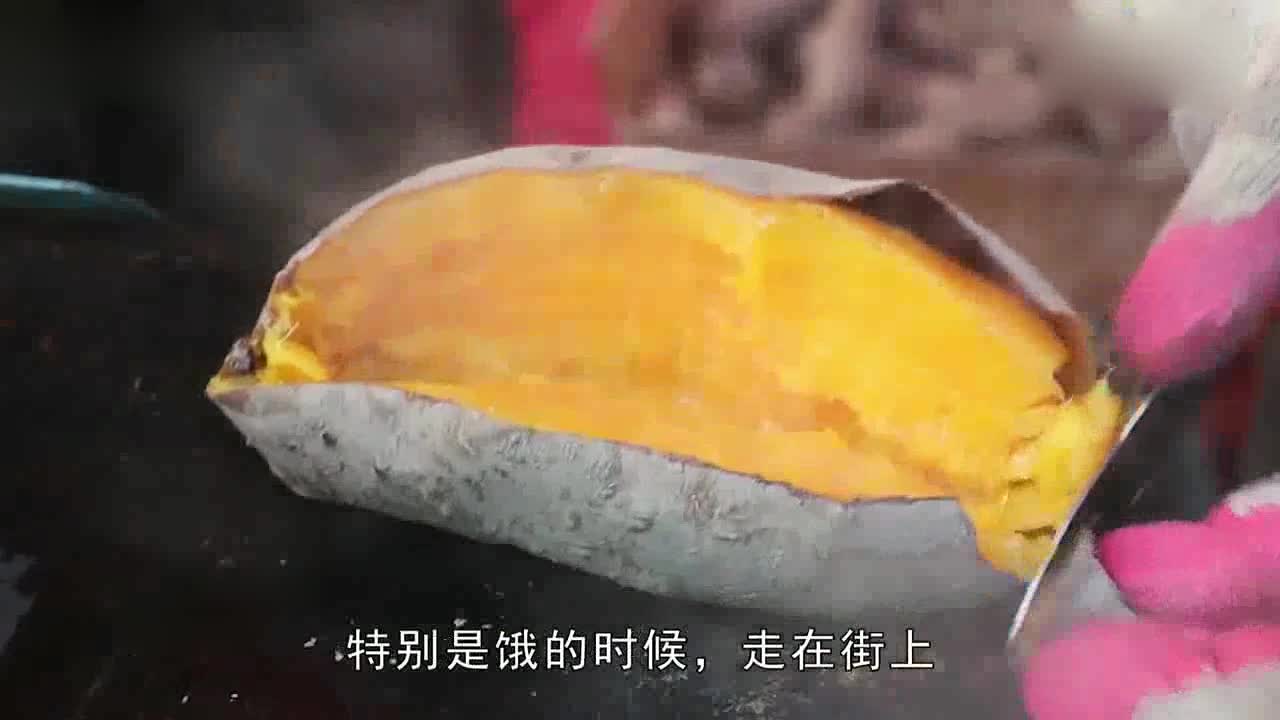Life
What materials are scientists using to develop new 100% recyclable plastics?
2019-05-09 14:12:31
·
Views
SHOW MORE
Lightweight and sturdy plastics are everywhere and are relevant to our lives. However, most plastic waste cannot be recycled and will eventually be landfilled or incinerated. According to United Nations statistics, approximately 300 million tons of plastic waste are generated each year worldwide. This kind of garbage, which takes centuries to break down, has even entered the deepest part of the ocean and entered the food chain, which is endangering the health of earth creatures, including humans. The good news is that researchers at Lawrence Berkeley National Laboratory (LBNL) have developed a new type of plastic that can be dismantled and recycled again and again at the molecular level like Lego toys, and then reconstituted into any color, shape or form. Products without loss of performance or quality. Using this new material called poly(diketone acetamide) or PDK, the invariant molecular bonds of traditional plastics are replaced by reversible molecular bonds that can be reduced to their monomeric molecules by breaking their molecular bonds, such as with concentrated acids. Separate the chemical additives before re-assembling as needed to give the plastic a new look and attributes. The researchers then plan to develop PDK plastics with heat resistance and higher mechanical properties for a variety of applications such as textiles, 3D printing and foam. In addition, they hope to expand their formulations by introducing plant materials and other sustainable sources.
Hot Headline
-

Zhou Huimin Sunshine celebrates the birthday of Gujuji. Thank you for your personal design of dresses and dresses.
Entertainment>2019-08-20
-

On Saturday, the Rockets will have to challenge the Spurs away.
Anecdote>2018-11-30
-

Return to the world for you: Naza to save Xu Zhengxi, crouching at the door to deliver breakfast, Yang Shuo bar drunk
Entertainment>2019-08-11
-

The man went to the interview, the boss asked: a pig sells for 1000 yuan, why two pigs sell 30000?
Funny>2019-07-31
-

How did Kunling, a clothing store worker, attract Jay Chou, the king of music?
Entertainment>2019-08-23
-

Miss and sister eat "Little Marbury Chocolate Series", lifelike and childlike, sweet and crisp.
Cate>2019-07-28
-

How much does it cost to buy breakfast at one sitting?
Cate>2019-08-01
-

1 Felicity Huffman Desperate Housewives actress, Pleads Guilty In College Bribery Scandal
Entertainment>2019-05-14
-

God can joke too? Super thriller! Four Great Variant Monsters in the World!
Life>2019-07-28
-

Hakka joke funny video, Dongdong deliberately let his father speak Mandarin, brick "Xiangji" funny.
Funny>2019-07-20
-

At first I thought it was ghost movies, but at last the painting style behind was normal.
Dance>2019-06-04
-

Wang Jing was exposed to a 40-year-old tender girl, and her daughter responded that she believed in
Entertainment>2019-03-08
-

How much is the translation of Taiwan film titles by Wei Tucao?
Funny>2019-07-18
-

Is the whimsical creation of human beings stunned?
Life>2019-01-17
-

Gymnastics "24 Step Square Dance" is beautiful, simple and easy to learn.
Dance>2019-05-29
-

Is this little frog's car very cattle?Such a witty little frog
Life>2018-10-09
-

Baby for new mobile phone forgot password helpless help User: a pregnant three years
Entertainment>2019-02-11
-

Feature film: Toilet - Ek Prem Katha. Bill Gates rare recommends! Change the fate of 600 million wom
Entertainment>2019-01-10
-

She used to be very red, and Zhao Liying gave her a supporting role, but now she has disappeared.
Entertainment>2019-03-29
-

Yi Nengjing recommended that the course be shackled, responding: no interest at all, should be more
Entertainment>2019-02-14
-

COS Video MV Preview @Moon Dawn of God @A Curse
Life>2019-07-25
-

Working in the company must touch the bottom line of the company's rules, get fired!
Anecdote>2018-09-10
-

Red Son Sisters Team Square Dance Red Dust Flower
Dance>2019-07-08
-

Factory brand safflower will be hot search again, hip-hop singer Beibei live broadcast emotional uncontrollability, hurt their own body
Entertainment>2019-08-11
-

Eventually, a catastrophe happened. The beautiful woman found a baby shark and grew into a monster in eight months.
Anecdote>2019-07-25
-

An irritable pig and a pig who likes to fart.
Pet>2019-07-11
-

Japanese Korean wind wearing, 20 Baitao summer high-quality items released
Beauty>2019-06-21
-

Officially recognized, People's Daily invited Wang Tianyi to record a video of the 70th anniversary of the founding of the People's Republic.
Game>2019-06-28
-

The dog who was taken outdoors for the first time by its owner looked confused
Pet>2019-08-26
-

Win the championship again! Video of IG Award Winner in the Spring Competition of LPL 2019 of the Heroes Alliance
Game>2019-07-08
-

Song Huiqiao's latest blockbuster after her divorce! The gentle and charming goddess is still there
Entertainment>2019-07-29
-

Yucheng's love, in fact, I have been waiting for you all these years.
Life>2019-04-17
















